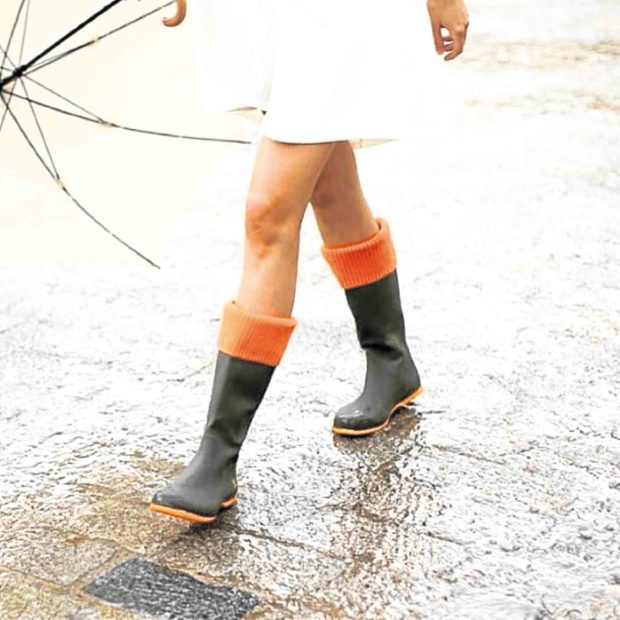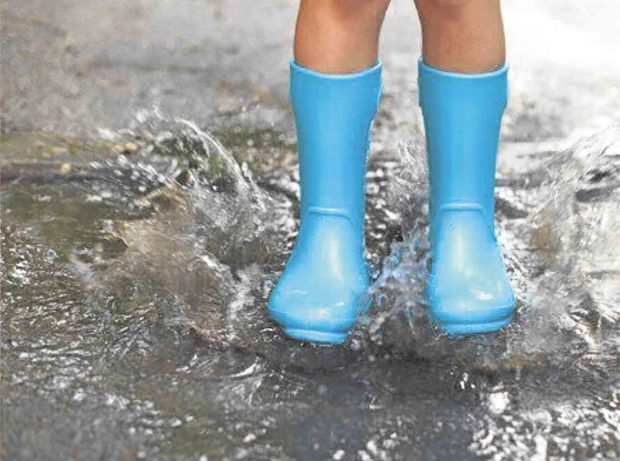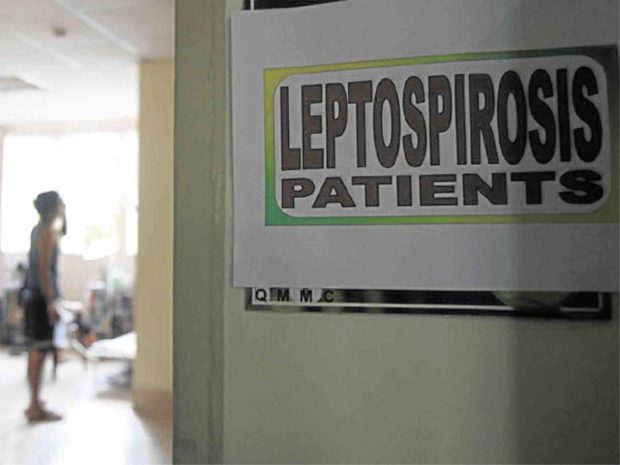Keeping leptospirosis out of your home

We, Filipinos, are a resilient and adaptable bunch. We don’t let drenching rains and thigh-high floods intimidate us. We could even afford to laugh even as we’re wading through mucky floodwater. Still, our adaptability doesn’t mean we are immune to the possible diseases and infections that floods may bring.
One scare that floodwaters bring with it is leptospirosis.
“Leptospirosis is an infection in rodents and other wild and domesticated species,” explained Dr. Pauleen R. Faustino, department head of Medicard Philippines Inc.’s Onsite Clinic Management and Health Promotion. “Rodents are implicated most often in human cases. Untreated leptospirosis can lead to organ dysfunction and even death,” she added.
“In temperate, high-income countries, leptospirosis is mostly an occupational disease, associated with freshwater or animal exposure. Sewage workers, butchers, farmers, veterinarians, or hunters are mostly exposed,” explained Dr. Faustino. “Outdoor and agricultural workers are particularly at risk but it is also a recreational hazard to those who swim or wade in contaminated waters.”
“In endemic areas, the number of leptospirosis cases may peak during the rainy season and may even reach epidemic proportions in case of flooding because the floods cause rodents to move into the city,” Dr. Faustino disclosed.

As we always say, an ounce of prevention is worth a pound of cure, and there are ways to avoid the risk of getting infected with leptospirosis such as:
1. Natural rodent control. Use rat traps or rat poison to rid your home of those pesky rodents. Who wants a rat-infested house anyway?
2. Avoid swimming or wading in flood water. Sure, it may seem fun and inviting when the streets are transformed into one huge swimming pool. With all your willpower, resist the urge to frolic and dive into the seemingly harmless flood water. Remember that you are not at the beach nor at a tropical getaway. You don’t know what lurks beneath those dark and still waters.


4. Drain potentially contaminated water.
5. Practice garbage management.

“Early recognition of disease and treatment is important to prevent complications,” explained Dr. Faustino. Leptospirosis can be treated with antibiotics. “Medicines for fever and body pains may also be recommended, such as Ibuprofen,” she continued.
It is best, of course, to consult a doctor if you feel or see symptoms of a possible leptospirosis infection. Trusted health maintenance organization Medicard has free-standing clinics all over the metro that are ready to be of service to its members—and even nonmembers—who may be showing symptoms of leptospirosis. Better to be safe than sorry, Seek the aid of a health professional especially if you are feeling unwell. It is always better to be safe than sorry.
References:
doh.gov.ph, cdc.gov, webmd.com, pcp.org.ph, who.int, ncbi.nlm.nih.gov
